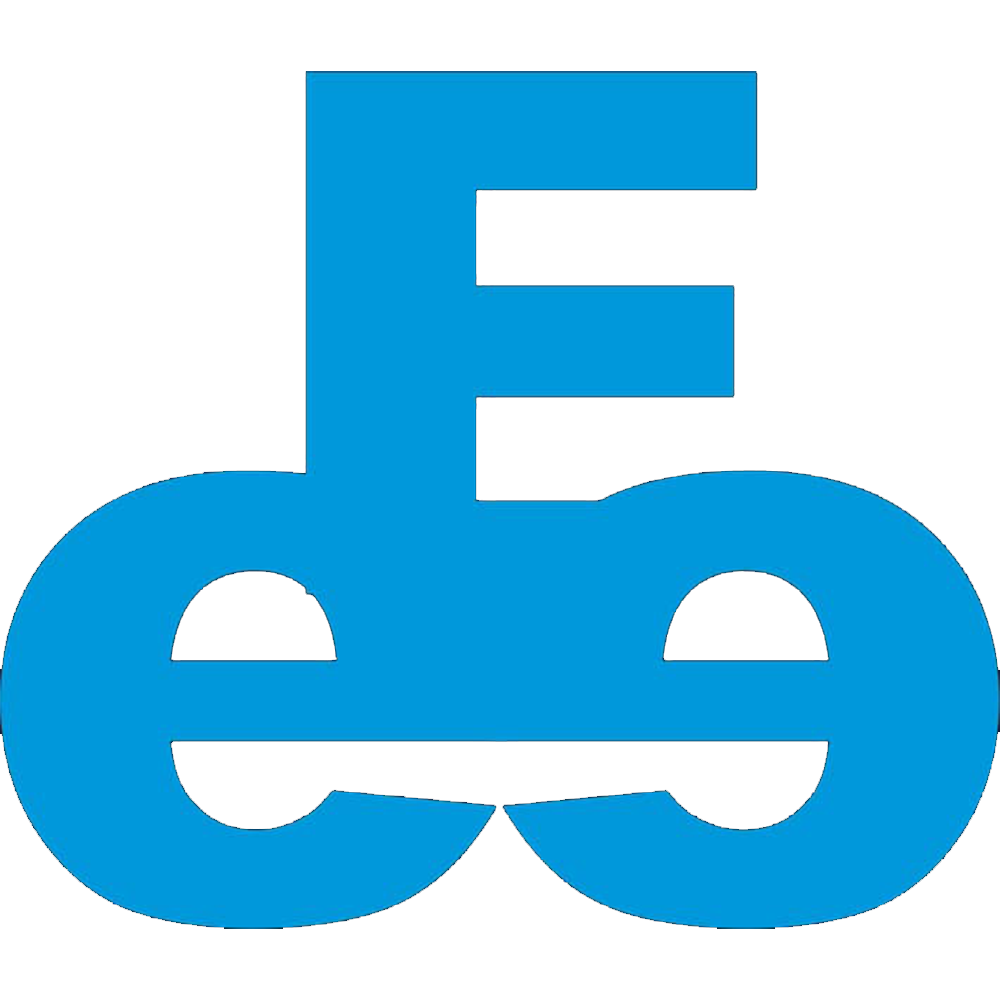The Schengen visa system creates unprecedented travel freedom across 26 European countries, but this flexibility introduces a strategic complexity that confuses most applicants. The country you choose for your Schengen visa application can dramatically influence your approval chances, processing timeline, and overall application experience. Understanding these strategic considerations requires examining the subtle differences between Schengen countries that rarely appear in official guidance materials.
Most applicants assume that Schengen visa selection should be based primarily on their intended destination, but this approach often leads to suboptimal outcomes. The official rule states that you should apply to the country where you will spend the most time, or if time is equal across countries, to the country of first entry. However, within these guidelines exists significant room for strategic optimization that experienced travelers use to improve their application outcomes.
The foundation of effective Schengen strategy lies in understanding that each member country maintains its own embassy staff, processing procedures, and evaluation criteria despite following common Schengen regulations. These differences create varying approval rates, processing times, and documentation requirements that can significantly impact your application success. Countries like the Netherlands and Germany typically demonstrate higher approval rates for Nigerian applicants compared to countries like France or Italy, reflecting different embassy approaches to risk assessment and documentation evaluation.
Processing timeline variations represent another crucial factor in the country selection strategy. German embassies often process Schengen applications within 10-15 calendar days, while French embassies may require 20-30 days for similar applications. For applicants with time-sensitive travel plans, these processing differences can determine whether travel objectives are achieved or missed entirely. Business travelers facing conference deadlines or students with enrollment requirements must factor processing timelines into their country selection strategy.
Documentation requirements provide additional optimization opportunities that strategic applicants leverage for improved outcomes. While all Schengen countries require similar core documents, some embassies demonstrate more flexibility in format preferences and supporting documentation standards. Spanish embassies, for example, often accept bank statements spanning three months, while some other embassies prefer six-month financial histories. Understanding these preferences allows applicants to align their documentation preparation with embassy expectations.
The concept of embassy accessibility and customer service quality introduces practical considerations that affect application experience and problem resolution. Dutch and Austrian embassies typically provide responsive customer service and clear communication about application status, while other embassies may offer limited applicant interaction. For first-time Schengen applicants or those with complex circumstances, working with responsive embassies can significantly reduce stress and improve outcomes.
Seasonal processing variations create timing opportunities that strategic applicants exploit for competitive advantage. Summer months typically see increased application volumes as leisure travelers submit vacation requests, potentially extending processing times and reducing individual attention to applications. Winter applications often receive faster processing and more detailed review, suggesting strategic timing benefits for flexible travelers.
The strategic approach to Schengen country selection requires careful analysis of your specific travel circumstances and objectives. Business travelers prioritizing processing speed might prefer German or Dutch applications, while leisure travelers seeking maximum flexibility could benefit from Spanish or Portuguese submissions. Students with complex financial situations might find certain embassies more accommodating to non-traditional funding documentation.
Travel itinerary design becomes a critical component of the Schengen strategy that most applicants overlook. The “main destination” rule provides significant flexibility when planning multi-country European trips. A 10-day European vacation could legitimately designate the Netherlands as the main destination with a 4-day Amsterdam stay, 3-day Paris visit, and 3-day Rome visit. This approach allows application through Dutch embassy despite spending equal time in three countries.
The first entry strategy offers an alternative optimization when the main destination calculation becomes complex. Applicants planning extensive European travel with roughly equal time in multiple countries can structure their itinerary to enter through strategically advantageous countries. Flying into Frankfurt allows German embassy application, while entering through Amsterdam enables Dutch embassy processing, regardless of subsequent travel within Schengen territory.
Financial documentation requirements reveal country-specific preferences that informed applicants use to optimize approval probability. Some embassies prefer employment-based financial evidence, while others readily accept family sponsorship or business income documentation. Understanding these preferences allows applicants to present financial information in formats that align with specific embassy evaluation criteria.
Previous rejection history significantly influences country selection strategy, though few applicants realize this connection. Some Schengen embassies demonstrate more willingness to approve applicants with previous rejections from other Schengen countries, particularly when rejections resulted from documentation issues rather than fundamental eligibility concerns. Strategic country selection can help applicants overcome rejection patterns that might persist with their original embassy choice.
The interview component of Schengen applications varies substantially between countries, creating opportunities for applicants to optimize their submission experience. Some embassies conduct thorough interviews with most applicants, while others reserve interviews for specific risk categories or complex cases. Applicants uncomfortable with interview processes can research embassy patterns to minimize interview probability while maintaining compliance with Schengen regulations.
Cultural and language considerations influence embassy evaluation processes in subtle ways that strategic applicants recognize and leverage. Embassies representing countries with strong Nigerian business relationships or educational exchange programs may demonstrate enhanced understanding of Nigerian circumstances and documentation standards. These relationships can translate into more favorable application evaluation and improved approval rates.
Professional consultation becomes particularly valuable for Schengen applications because optimal country selection requires detailed knowledge of current embassy practices, processing patterns, and evaluation criteria. These insights change frequently and rarely appear in official publications, making professional guidance essential for applicants seeking to maximize their approval probability and minimize processing delays.
The long-term perspective on Schengen strategy extends beyond individual applications to consider future travel planning and visa history development. Successful applications with certain embassies can establish positive relationships that benefit subsequent visa requests, while strategic country selection can help build travel history that supports future applications to other destinations including US, UK, and Canadian visas.
Understanding Schengen strategy transforms what initially appears to be a simple destination choice into a sophisticated optimization opportunity that can significantly influence your European travel success. The investment in proper country selection strategy typically pays dividends through improved approval rates, faster processing, and enhanced overall application experience that makes European travel dreams more achievable and enjoyable.

